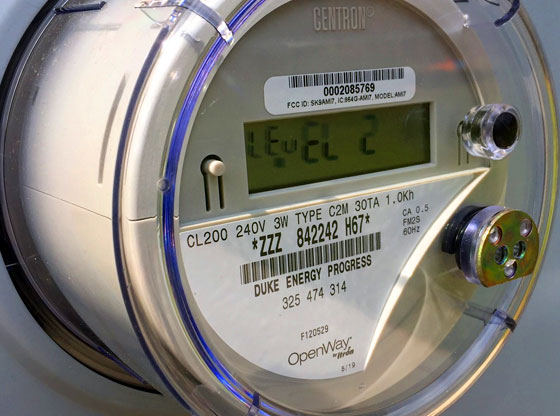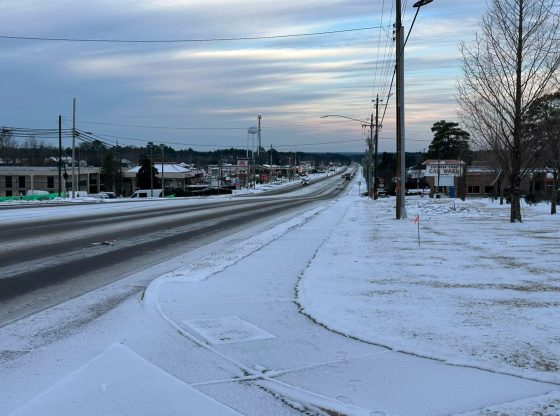Tuesday, Gov. Cooper and staff from the Governor’s Office met with officials from Duke Energy, including Lynn Good, President and Chief Executive Officer of Duke Energy, Julie Janson, Executive Vice President and Chief Executive Officer, Duke Energy Carolinas, Kendal Bowman, North Carolina State President of Duke Energy, and Kevin McLaughlin, Vice President Government Affairs and External Relations of Duke Energy, to ask questions about the causes of power outages over the Christmas holiday, Dec. 24, 25, and 26, and understand utility leaders’ plans to avoid similar outages and improve communications with customers and the public in the future.
The governor outlined his concerns about the surprise rotational outages that affected so many North Carolinians and asked specific questions about why the needed power predictions were wrong and why the coal and gas plants Duke identified failed to generate the required amount of electricity. He also stated his concerns and asked questions about the lack of expected communication with customers.
*Duke’s forecasts for energy demand over the holiday weekend were wrong and significantly underestimated North Carolinians’ energy needs.
*As the cold front moved into North Carolina, instruments froze at two Duke Energy coal facilities and three natural gas facilities, disabling or reducing output from these facilities.
*Company plans to purchase additional power from other regional markets were not realized as those markets also saw increased demand for energy due to extreme temperatures and needed to keep that power for their own member utilities.
*To maintain the grid, Duke began rotating outages, but a software issue disrupted automatic power restorations, requiring manual assistance and extending the outages.
The governor noted that the impacted facilities leading to the power outages appear to be fossil fuel facilities and asked if renewable energy resources performed as expected. Duke officials stated that renewable energy resources performed as expected and that the outages did not occur because of renewable energy generation.
Duke officials apologized for the outages and pledged to provide more requested information to the Governor’s Office and the Utilities Commission. They also pledged to fix problems with weather and power generation forecast modeling and with communication to customers.
The governor acknowledged that Duke was taking responsibility for what happened and that he expects to continue to be informed about the steps Duke is taking to prevent this from ever happening again.
Contributed.



















